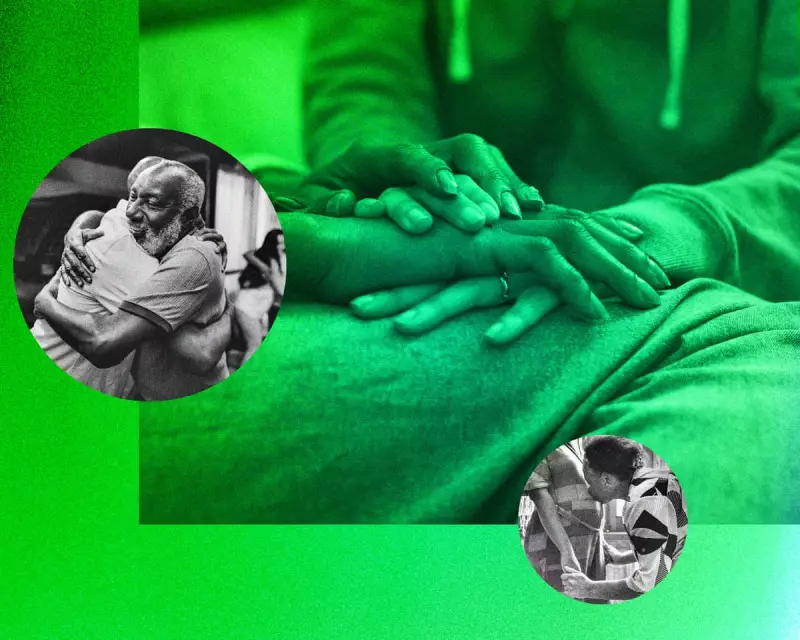
Across Britain, a quiet revolution is unfolding in how Black families receive support during one of life's most devastating experiences - the loss of a baby. While statistics reveal stark disparities in outcomes for Black mothers and their babies, a powerful peer-led movement is creating spaces for healing, understanding and systemic change.
The Unspoken Inequality in Pregnancy Loss
For too long, Black families facing baby loss have navigated their grief in isolation, often encountering healthcare systems that fail to recognise their cultural needs and lived experiences. The statistics paint a concerning picture: Black women in the UK are significantly more likely to experience stillbirth or neonatal death compared to their white counterparts.
This inequality extends beyond the initial loss, affecting the quality of aftercare and emotional support available to grieving families. Many report feeling misunderstood by well-meaning but culturally unaware healthcare professionals, leaving them to bear their sorrow alone.
Ebony Bonds: A Community-Led Response
In response to this critical gap in care, Ebony Bonds has emerged as a beacon of hope. This pioneering initiative brings together Black families who have experienced similar losses, creating safe environments where grief can be shared without judgment or explanation.
The programme operates on a simple but profound principle: those who have walked the path are best equipped to guide others. Through regular meetings, one-to-one peer support and dedicated resources, Ebony Bonds provides what conventional healthcare often cannot - genuine understanding born from shared experience.
More Than Just Emotional Support
While emotional healing remains central to their mission, Ebony Bonds recognises that support must extend beyond comforting words. The initiative provides practical guidance on navigating hospital protocols, understanding medical terminology, and advocating for appropriate care during subsequent pregnancies.
Many participants describe the programme as transformative, not only in their grief journey but in how they approach healthcare systems that have historically failed to see them as individuals with unique cultural and emotional needs.
Breaking Cultural Taboos
In many Black communities, discussing baby loss remains shrouded in silence and stigma. Ebony Bonds actively works to normalise these conversations, creating spaces where families can speak openly about their experiences without fear of judgment or cultural misunderstanding.
This cultural competence sets the initiative apart, addressing specific concerns and traditions that mainstream support services often overlook. From spiritual considerations to family dynamics, Ebony Bonds acknowledges the whole person, not just their loss.
The Ripple Effect of Peer Support
The impact of this community-led approach extends far beyond individual healing. As more families participate, patterns emerge that could inform wider changes in maternity and bereavement care across the NHS.
Participants often become powerful advocates for change within their own communities and the healthcare system, using their experiences to push for more culturally competent care and better support structures for all families experiencing baby loss.
A Model for Inclusive Care
Healthcare professionals are beginning to recognise the value of this peer-led model. Several NHS trusts have started referring families to Ebony Bonds, acknowledging that conventional support mechanisms often fall short for Black communities.
This collaboration represents a significant step toward addressing health inequalities at their root, rather than applying one-size-fits-all solutions to deeply personal and culturally specific experiences of grief.
Looking to the Future
As Ebony Bonds continues to grow, its founders envision a future where no Black family in Britain has to navigate baby loss alone. The initiative aims to expand its reach, developing training programmes for healthcare professionals and creating resources that reflect the diverse experiences of Black families across the UK.
Their work serves as a powerful reminder that while statistics measure disparities, it is human connection that ultimately heals - and transforms systems from the ground up.





